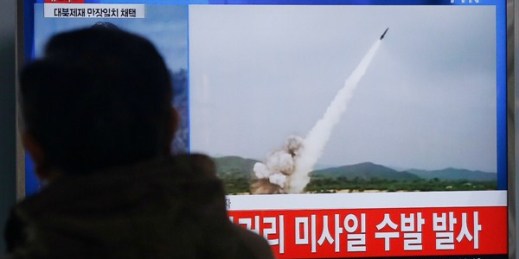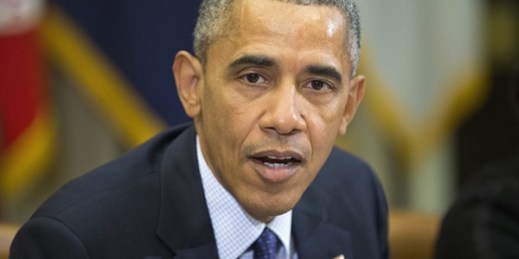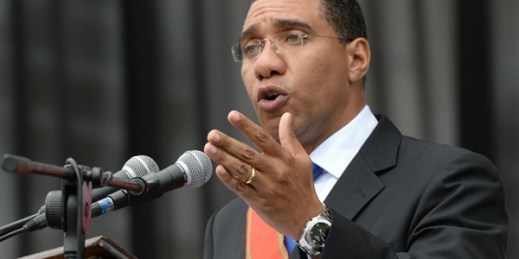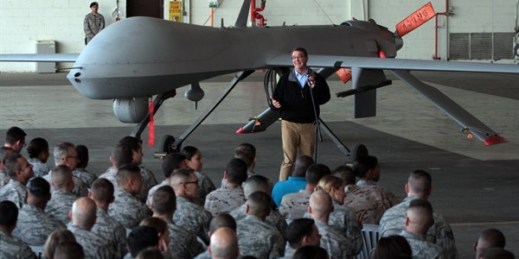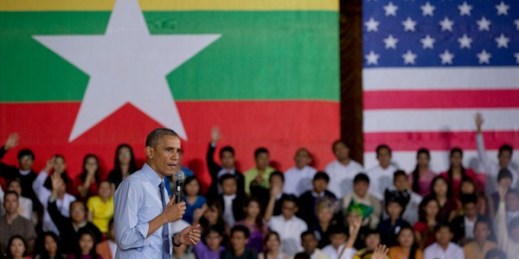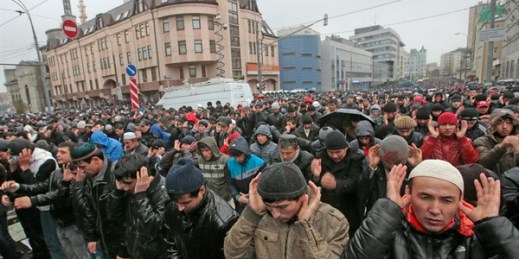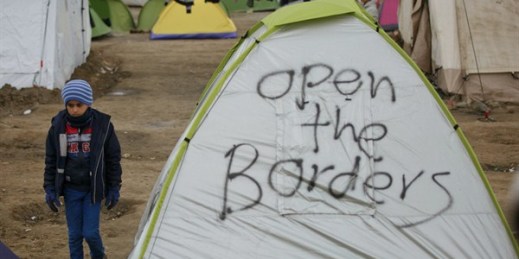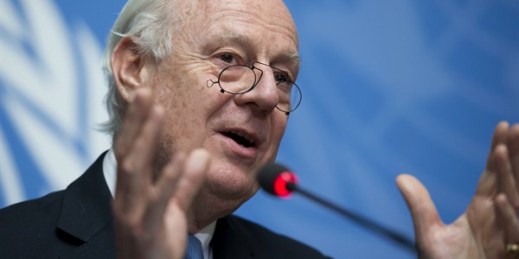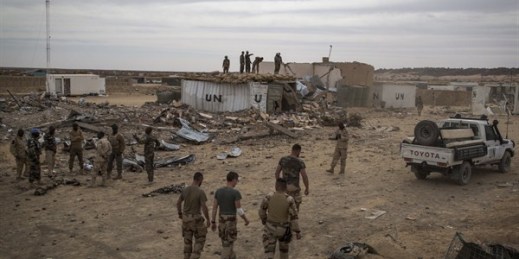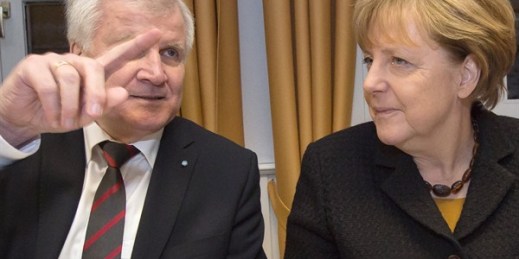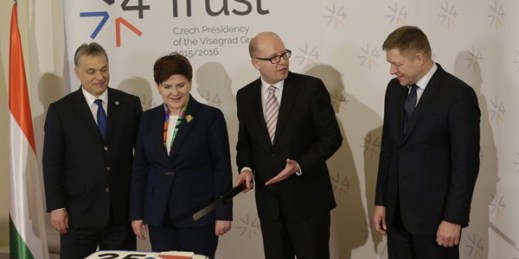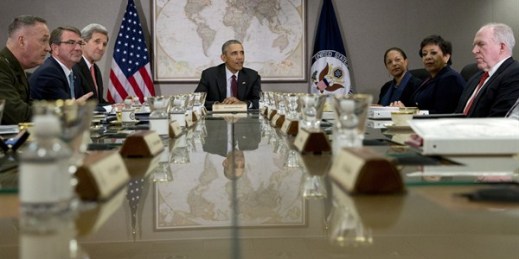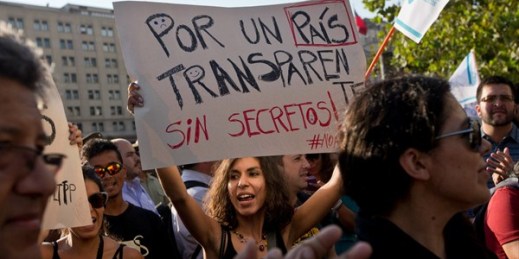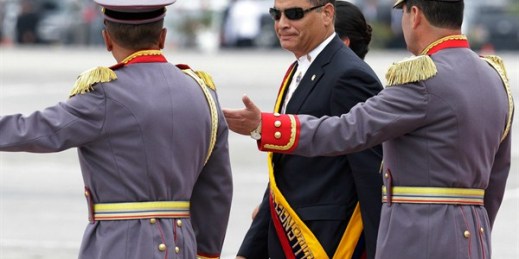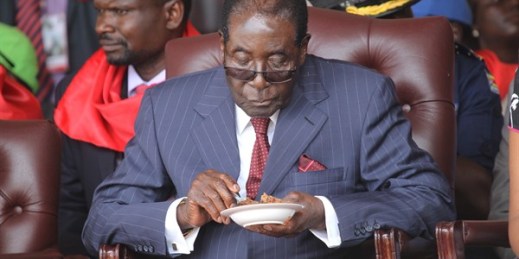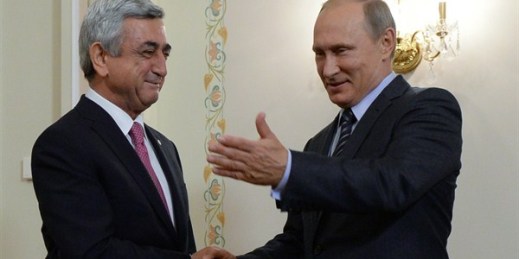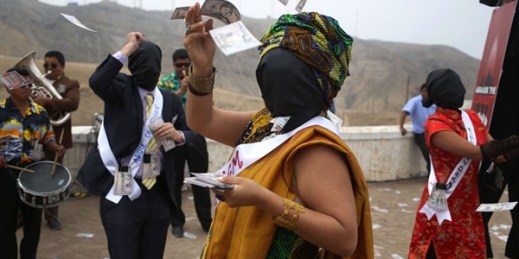
Editor’s note: This article is part of an ongoing WPR series on the impact of corruption and various countries’ efforts to combat it. Prosecutors in Brazil announced last month that they are investigating Peruvian President Ollanta Humala for allegedly taking bribes worth $3 million from the Brazilian engineering firm Odebrecht. In an email interview, Alfredo Schulte-Bockholt, an associate professor at St. Mary’s University in Canada and author of “Corruption as Power: Criminal Governance in Peru during the Fujimori Era (1990-2000),” discussed corruption and governance in Peru. WPR: How widespread is corruption in Peru, and what impact does it have on […]

